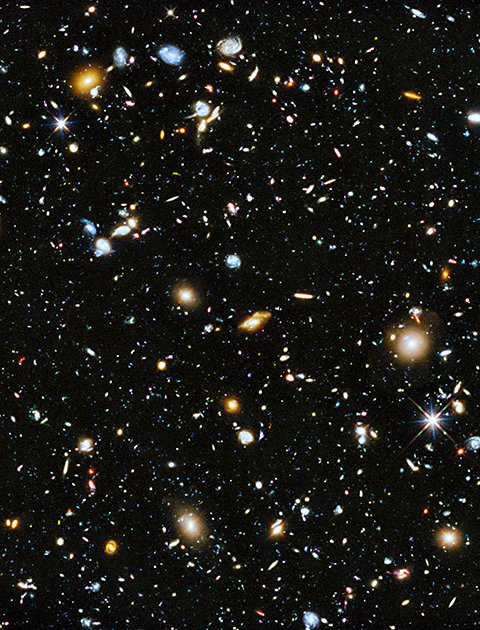
I think I’ve posted on this topic before, but when I recently decided to re-read Genesis and read through the notes I’ve already taken on Chapter 1, I decided I needed to open the topic again. Below is a brief introduction to Genesis Chapter 1 that I included with my notes. It says it pretty clearly, so enjoy. As an extra perk (at least I hope it’s a perk) I turned all of my Chapter 1 notes into a PDF that you can download. Note the link below. Enjoy!
formatted_notes_from_genesis_1_-_july_31_2020.pdf
A Brief Introduction to Genesis Chapter 1
It is common to hear the claim made that there is a conflict between "true science" and what is written in the Bible. Nothing could be further from the truth. Often you will hear people say, "The Bible wasn't written as a scientific text, it was written as a religious text," and then try to use that assumption to discount the science that the Bible discusses. Of course, that statement begs the question of how the description of creation contained in the Bible fits into the currently popular scientific model. The truth is, that there is no conflict between observable scientific evidence, and what is set forth in the Bible! The conflict comes when unproven theories are advanced by anti-religious men and then those theories are presented as if they were fact. The Bible deals with truth and that truth most certainly does conflict with false theories and false assumptions that have no scientific basis. In 1 Corinthians 1:17-31, the apostle Paul lays out how the "wisdom" of men is actually "foolishness". Nothing illustrates that better than the supposed conflict between what is written in the Bible and the pseudo-science with which we are inundated in today's world.
When reading Genesis 1 it is important that we not get stuck on the word “day”. The account gives us a chronological listing of God’s creative work, but the concept of time really has no meaning as we watch God’s handiwork unfold. Time has no effect on God and places no limits on Him (2 Peter 3:8). How can the thing created (time) place any limitation on the Creator who made it? We also have to remember that time, even here where we live in the completed creation, is not a constant – time slows down the closer one gets to a gravity source. (This was predicted in Einstein's Theory of Relativity and has since been proven through scientific experimentation.) So, the term “day”, as used here in Genesis Chapter 1, simply denotes the divisions of God's work period.
Please don’t mistake what I am saying – in no way am I advocating the “each day represents billions of years” theory. The scriptures do not support that assertion. But neither do they mandate that the word “day”, as here used, means 24 hours.
| Attachment | Size |
|---|---|
| formatted_notes_from_genesis_1_-_july_31_2020.pdf | 373.03 KB |
